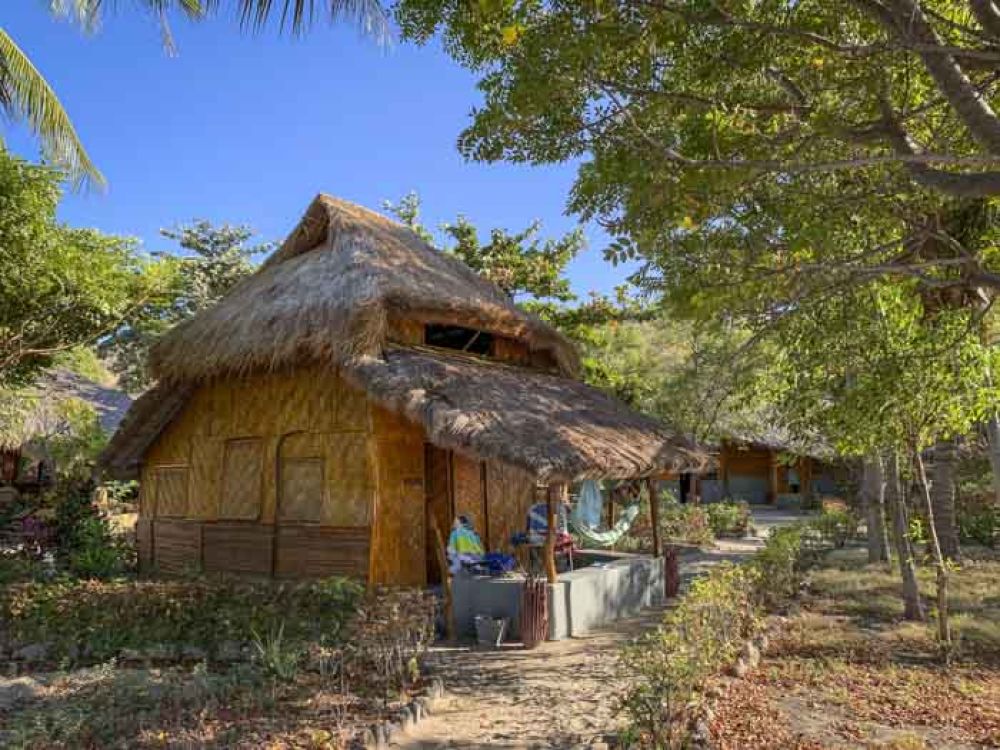

Atauro Island, situated approximately 25 kilometers north of Dili, the capital of Timor-Leste (East Timor), has a relatively short but dynamic history of tourism. This secluded gem in the Lesser Sunda Islands began to gain attention following the independence of East Timor in 2002. Intrepid travelers seeking unspoiled natural beauty and cultural authenticity began to venture to Atauro Island, intrigued by its potential as a unique destination.
Barry's Place, a quintessential example of eco-tourism within Timor-Leste, was established by Barry Hinton and his wife Lina in 2007. As a pioneer of responsible tourism on Atauro Island, Barry's Place has set a standard for sustainable practices and community engagement in the region. Initially, the accommodation was simplistic, but full of character, offering visitors a chance to immerse themselves in the natural environment and local culture.
Early tourism on Atauro was largely driven by adventurers, divers, and those involved in humanitarian and development work in Timor-Leste. These visitors were drawn to the island's biodiverse waters, which are some of the richest in the world, and the opportunity to contribute to the local economy through sustainable tourism initiatives.
The last few years have seen a steady increase in eco-conscious travelers and those interested in community-based tourism. Atauro Island, with its clear waters, extensive coral reefs, and a vibrant local culture, has started to receive broader recognition as a must-visit destination for those seeking an off-the-beaten-path experience. Barry's Place has been at the forefront of this transformation by offering eco-friendly accommodation and supporting local communities.
In line with the latest tourism trends, Barry's Place and other local entities have been moving towards a more digital presence, through improved websites and the use of social media platforms, to attract tourists who prioritize sustainability and authenticity in their travels. Moreover, there has been a slight shift towards more luxury experiences within the constraints of sustainability, with tourists seeking comfort alongside the rustic charm of island life.
Experience-based tourism has also become increasingly popular. Activities like scuba diving, whale watching, traditional craft workshops, and hiking trails are commonly sought by tourists visiting the island. Barry's Place and similar accommodations have become hubs for these experiences, linking visitors with local guides and artisans.
Despite its growing popularity, Atauro Island remains a niche destination, with a commitment to preserving its environment and culture, which are the very aspects that attract visitors. The future of tourism in this stunning part of the world looks promising and is poised to grow sustainably, with responsible tourism practices being at the core of its development.
The collaboration between local businesses like Barry's Place, NGOs, and the government is crucial in ensuring that the tourism industry develops in a way that benefits the island's residents and preserves its unique ecosystem for generations to come.